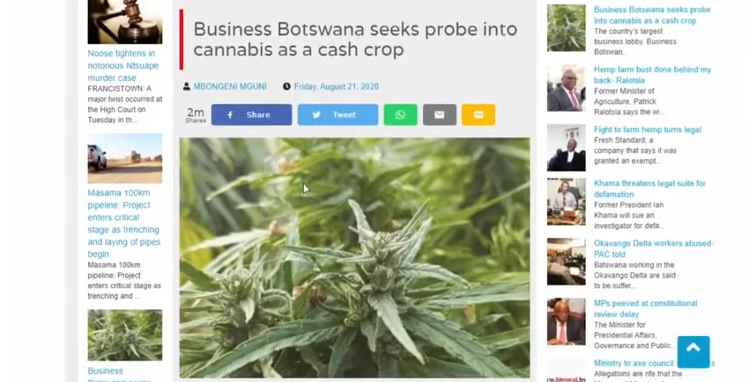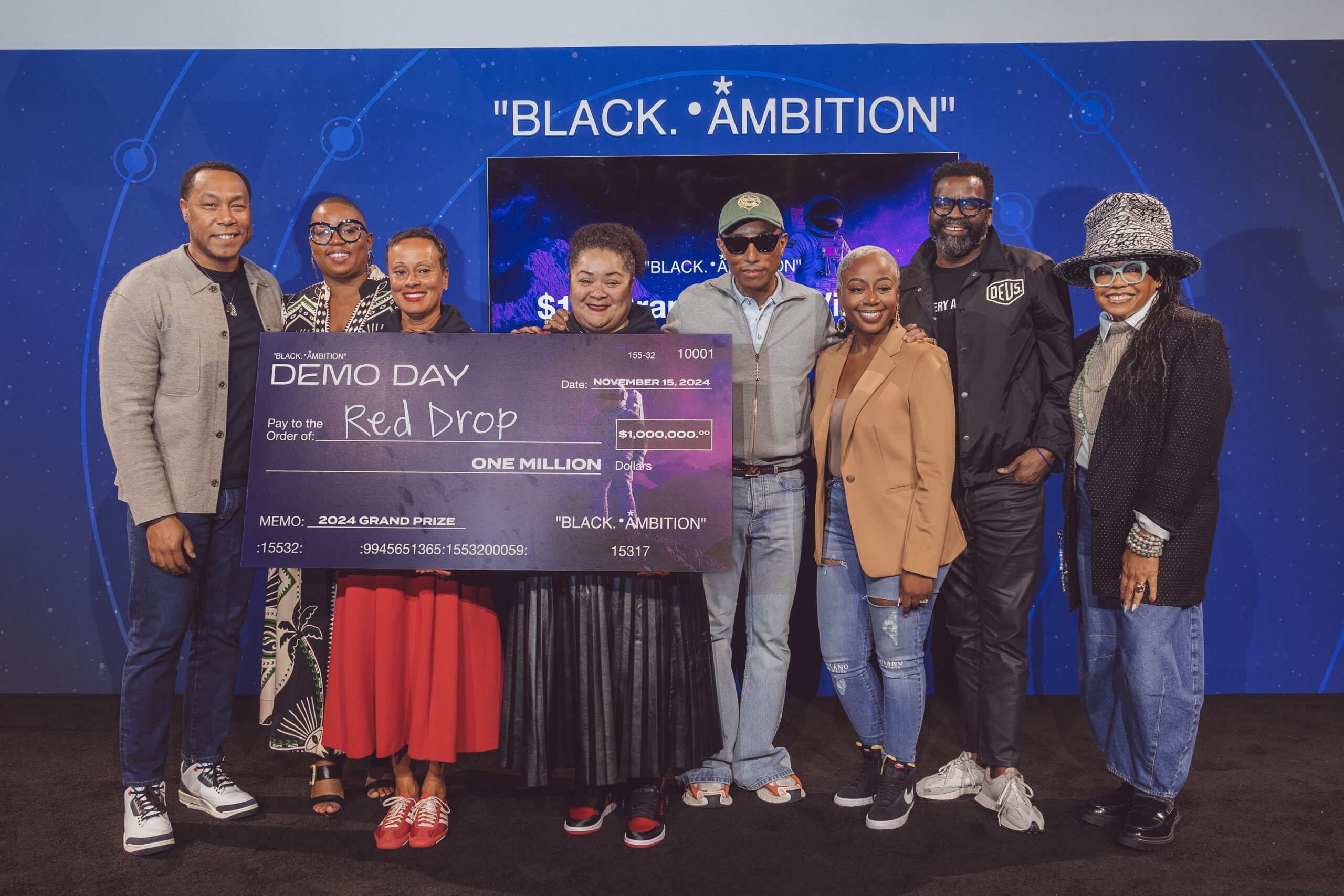Photos: ISF
The bank’s board meeting on April 28, 2016, started with a prayer. Then it turned to plans for keeping the bank alive. That week, federal regulators had signed off on a deal allowing new owners to take control of Illinois Service Federal Savings and Loan, one of the last Black-owned banks in the country.
For more than a year, regulators had warned the bank could be shut down if it didn’t raise capital. They had also ordered it to improve its management.
Papa Kwesi Nduom offered an infusion of money and a fresh face. An entrepreneur from Ghana, Nduom led a successful business empire that included hotels and a large banking chain in West Africa. He had been looking for an opportunity to invest in Black-owned banks in the United States when he heard about ISF and agreed to put $9 million into it. To make the deal work, ISF would be restructured so that Nduom, his wife, Yvonne, and four of their adult children controlled all of its stock.
Longtime bank leaders saw no other way to keep the 82-year-old institution open. The deal would also ensure that the bank remained Black-owned.
As he led the April 2016 board meeting, Nduom emphasized his intention to bring the bank back to full health. One of his top priorities, he said, would be talking with federal regulators about lifting their order restricting the bank’s activities.
It hasn’t turned out that way. Five years later, the historic institution — renamed GN Bank — remains deeply troubled. Under the Nduoms, the bank has closed one of its two locations, cut staff, alienated many longtime customers and effectively stopped making new home loans, though that’s one of the central reasons for its existence. In 2020, the bank was again put under restrictions after regulators found “new violations of law, rule or regulation.”
Yet the Nduoms aren’t solely responsible for GN’s struggles. Regulators have failed to carry out a federal mandate to “preserve and promote” Black-owned banks, a ProPublica investigation has found.
Leading up to the Nduoms’ acquisition, the federal Office of the Comptroller of the Currency ordered the bank to reduce the risk in its loans, which led to less revenue. Then, the agency signed off on the new owners, even though they lacked banking experience in the United States and had investments abroad that posed known regulatory risks. Since then, the bank has been under close watch, yet the Nduoms have made a series of decisions that diminished the bank’s profile and quality of service.
GN Bank has fallen on hard times amid a nationwide decline in Black-owned banks. In 2001, 41 Black-owned banks were open in the United States, according to federal data. By this June, just 17 remained. In most cases, struggling banks shut down or were acquired even after federal regulators stepped in to order changes, as they’ve done with GN.
The OCC, for example, intervened multiple times over 10 years to turn around City National Bank of New Jersey; it was closed in 2019. First State Bank of Danville, Virginia, ceased to be a Black-owned bank in 2017, when it was bought by a white owner while under consent order with the Federal Deposit Insurance Corp. And the Community Bank of Lawndale on Chicago’s West Side was unable to stay afloat after it was acquired by a suburban pastor and members of his congregation, who pooled money to try to save the institution.
Regulators “seem to have abdicated their responsibility to look out for the public interest,” said William Michael Cunningham, an economist and the founder of Creative Investment Research, a firm that focuses on financial products that promote social good. “They’re not following the law.”
GN Bank’s difficulties are also part of a larger story about racism and economic disparities. For decades, white-owned banks largely refused to do business in Black communities, and even when they did, they often loaned at higher interest rates or with predatory conditions. National banks and mortgage companies still issue loans in Black Chicago neighborhoods at a fraction of the level they do in white areas.
Black-owned banks have long been viewed as a critical solution to those problems, receiving renewed attention after the 2020 murder of George Floyd led to protests and a national conversation about racial injustice. But because they tend to serve communities with fewer resources, many Black-owned banks have trouble staying open. Experts say they can’t be expected to reverse generations of economic segregation on their own. Read more.












